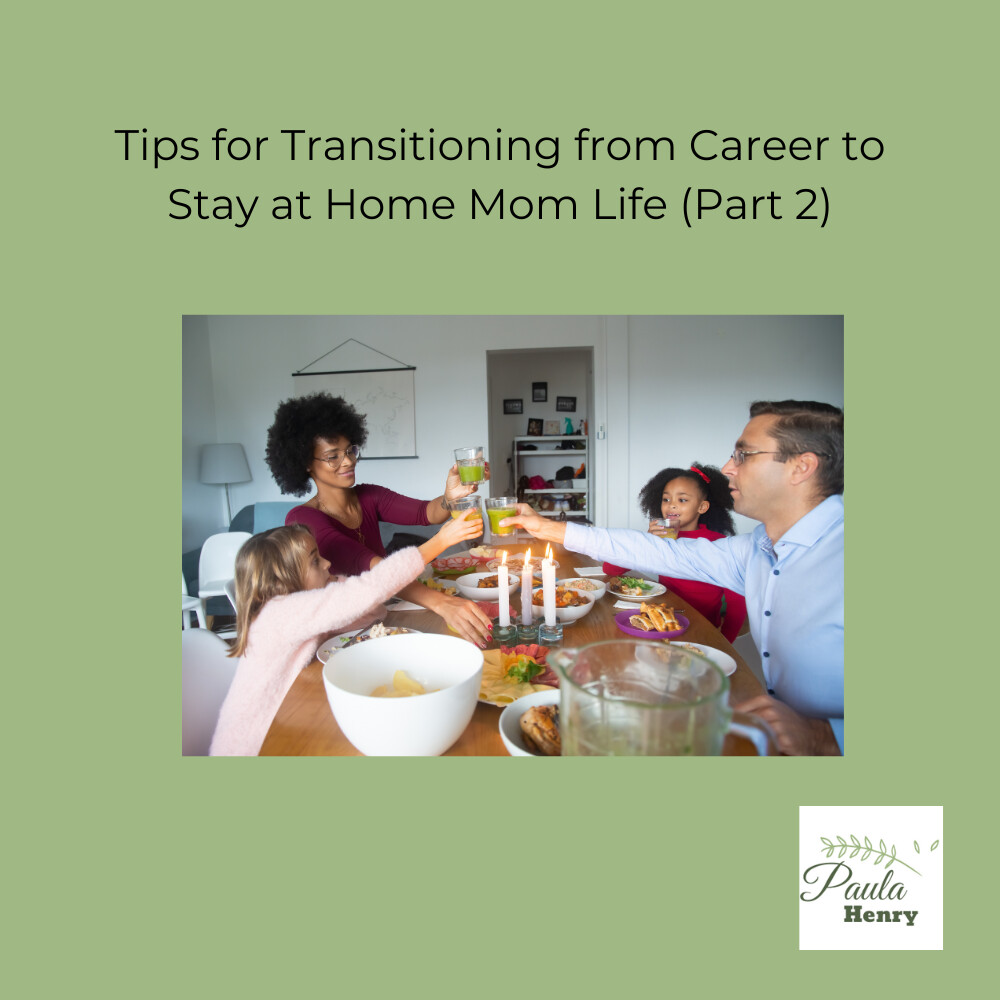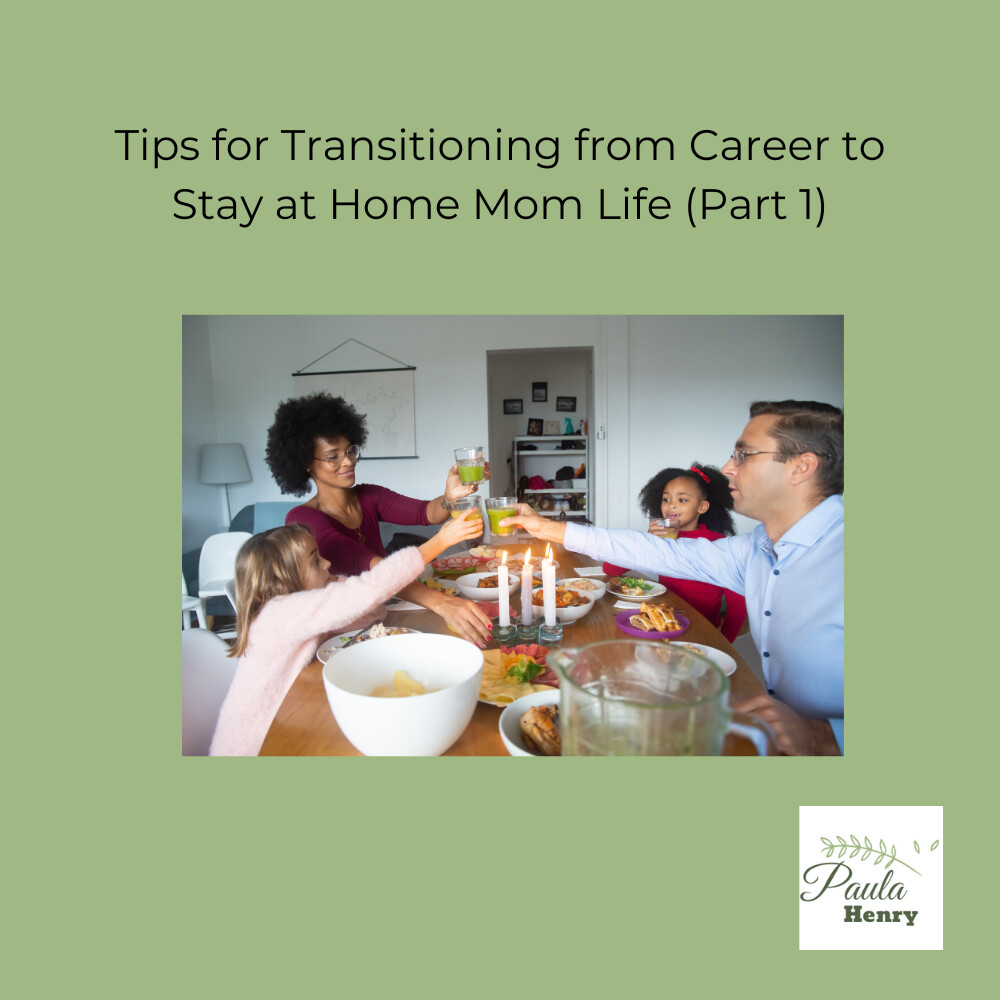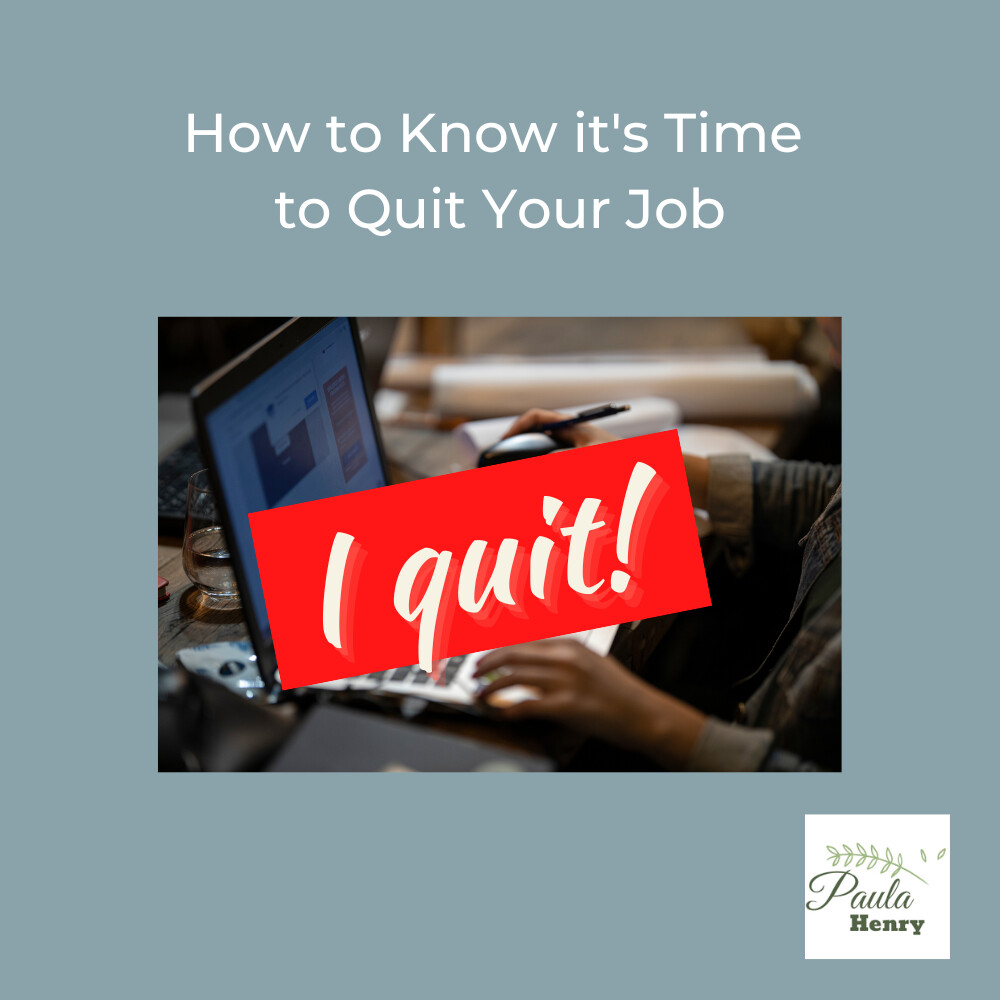
For working women, the division of household responsibilities can be a hot-button issue. Whether you're negotiating with your spouse or trying to come to an agreement with your co-parent, it's important to have a plan for how you're going to divvy up the chores. After all, nobody wants to come home from a long day at work only to find that the house is a mess and the kids are running wild.
So, what's the best way to approach the division of labor in your household? It depends on your individual situation, but there are a few things to keep in mind that can help you come to an agreement that works for everyone.
Two Working Adults
If you and your spouse are both working adults, chances are you'll want to divide the chores evenly between yourselves. This can be a great way to make sure that neither of you feels like you're shouldering the majority of the load. Plus, it can help to keep things fair if one of you works longer hours than the other.
To make sure that everyone is on the same page, it can be helpful to sit down and make a list of all the household duties that need to be taken care of. Once you've got that list, you can start dividing up the tasks based on who has more time or who prefers to do certain types of chores. For example, maybe one of you doesn't mind doing the laundry while the other would rather take out the trash. As long as everyone is happy with the arrangement, it doesn't really matter who does what.
Two Working Parents
When both parents are working full-time, things can get a bit more tricky. In this case, it's often helpful to enlist the help of a babysitter or nanny to take care of some of the child-rearing duties if you don’t have family close by. This frees up both parents to focus on their careers and gives them some much-needed time away from their kids. Of course, this isn't an option for everyone, so it's important to find a solution that works for your particular situation.
If you don't have someone else who can help out with childcare, then it's important to be flexible with your work schedules. One parent may need to leave work early a few days a week so they can be home in time for dinner and bedtime routines. Alternatively, one parent may need to work from home a few days each week so they can be available for drop-offs and pick-ups. There's no one right answer here; it all depends on what works best for your family.
A Working Parent and a Stay-at-Home Parent
In households where one parent stays at home while the other goes to work, there's often an unspoken assumption that the stay-at-home parent will also take on all of the household duties. However, this isn't always fair or realistic. Just because someone is staying at home doesn't mean they have unlimited time or energy to devote to cleaning and cooking and childcare. If this is the situation in your household, it's important to have a discussion about how duties will be divided between both parents.
It may be helpful for the working parent to take on more chores when they're home so that their partner isn't constantly picking up their slack. Alternatively, you may want to consider hiring someone else—like a housekeeper or nanny—to help out with some of the domestic duties. The most important thing is that both parents feel like they're contributing equally to running the household and caring for their children.
No matter what your particular situation is, there are ways to negotiate the division of labor in your household so that both parents are satisfied. It's all about finding what works best for your family and being willing to compromise when necessary. With open communication and a little bit of creativity, you'll be able to find an arrangement that everyone can live with—and maybe even enjoy!















0 Comments